If you want to be taken seriously in the South Caucasus, start by getting the countries right. At a press conference in England on September 18, President Trump again mixed up Armenia and Albania while touting a peace deal between Armenia and Azerbaijan—then stumbled over “Azerbaijan” with a long, awkward pause. It was the third time he’s made the same mistake. On Fox News days earlier he bragged about stopping a war between “Azerbaijan and Albania.” In August, it was “Aber…baijan” before he corrected himself mid-sentence. These aren’t harmless slips of the tongue; they’re signals. In a region where every word is parsed for intent, repeated misnaming screams inattention. And inattention has consequences.
Here’s the reality beyond the podium patter. Washington did broker a breakthrough on August 8, hosting Azerbaijan’s President Ilham Aliyev and Armenia’s Prime Minister Nikol Pashinyan for a summit that produced an initialed peace agreement after decades of blood and bitterness. The follow-through has been busy and complicated. The State Department’s Brendan Hanrahan was in Yerevan on September 12 to talk implementation of the Washington declaration and the administration’s “Trump’s Road for International Peace and Prosperity” (TRIPP)—a connectivity agenda that, in its centerpiece “Trump Corridor,” is supposed to reopen trade and transit across a fractured region while respecting sovereignty and security.
On that same day, Armenian and Turkish envoys met in Yerevan and agreed to tee up the Gyumri–Kars railway and a power line, expand air links by 2026, and deepen cultural and academic exchanges—real steps toward normalizing a border that’s been sealed for three decades. Yerevan even quietly removed Mount Ararat from passport stamps, a small but loaded gesture toward Ankara. None of this happens in a vacuum. Armenia’s openings to Turkey are inseparable from the track with Azerbaijan, and both are wrapped in a dense web of preconditions, constitutional questions and corridor politics.
Meanwhile, Congress is reading the region with a colder eye than the Rose Garden glow. In markups of the State Department authorization, the House Foreign Affairs Committee advanced provisions pressed by Armenian-American advocates: push for the release of Armenian prisoners of war, protect religious and cultural heritage, and support the right of return for Armenians expelled from Artsakh. Members also forced a debate on restoring the ban on US military aid to Baku and demanded a report on Turkey’s Russian S-400 systems—hard-edged oversight aimed at accountability for ethnic cleansing, heritage destruction and destabilization. Even where those tougher measures fell short, the message landed: Congress expects more than photo-ops.
Layer onto that the geopolitics President Trump is underselling. Moscow is trying to drag the region back into its “3+3” format—Armenia, Azerbaijan and Georgia paired with Russia, Turkey and Iran. Foreign Minister Sergey Lavrov is pitching a revival; the Kremlin’s spokespeople are prodding Yerevan and Baku to meet again under that umbrella. Georgia has refused to participate since day one because Russian troops still occupy its territory, and the format has produced little beyond communiqués. But the intent is obvious: sideline Brussels and Washington, re-centralize regional diplomacy around Moscow and Ankara, and constrain the South Caucasus inside a club led by three powers whose economies and politics are, to put it gently, not where international investors and long-term security partners look for stability.
The problem for the United States is credibility. Washington’s credibility is built on two things in the South Caucasus right now: competence and consistency. Competence means knowing the players, pronouncing the names, understanding that Albania is a Balkan country and Armenia is a South Caucasus state that just bled out a historic enclave. Consistency means showing up after the handshake, when the cameras are gone, and pushing through the gritty parts—border delimitation, corridor security, prisoner releases, and the protection of churches and cemeteries that extremists would like to bulldoze out of memory.
On the ground, those gritty parts are exactly where this process will be won or lost. The August framework creates space for reopened routes, but the security of a road through Armenia’s Syunik region is not a detail; it’s the heart of Armenian anxiety and the test of Azerbaijani restraint. The “Trump Corridor” only works if it’s not a euphemism for extraterritorial control. Equally, the Armenia–Turkey track won’t survive if it’s perceived in Yerevan as concession after concession with nothing tangible in return. Ankara’s S-400s remain a sore point inside NATO. And there’s a political clock: Turkish flexibility on flights and rails is implicitly keyed to Armenia’s 2026 elections; if Washington looks casual or careless, Turkish and Azerbaijani leverage grows, Armenian trust erodes, and the window narrows.
Add Russia’s antics. Since 2020, and especially since its invasion of Ukraine, Moscow has watched its influence drain away in both Baku and Yerevan—some of it self-inflicted. From the downing of an Azerbaijani civilian plane and targeted harassment of Azerbaijanis in Russian cities to behind-the-scenes pressure on Armenia’s government and church, the Kremlin’s coercion has mostly backfired. Yet it still wants to corral the region back into a framework it can dominate. Iran’s bandwidth is thinner than it used to be given its own regional entanglements. That leaves Turkey as the most agile of the three, happy to play broker if the West drifts. That’s exactly when sloppy American messaging becomes more than a meme. It becomes a strategic gift to your competitors.
None of this is to deny that the administration is trying to lock in its gains. TRIPP and the August summit are real accomplishments. But if the White House is going to sell a “President of Peace” narrative—and some around the president clearly hope the Nobel committee is listening—then the performance has to match the promise. That means aligning with Congress on the hard asks: get Armenian POWs home; protect and restore cultural sites; press for the safe, dignified return of displaced Armenians to Artsakh where feasible or guarantee durable resettlement where it’s not; and make clear that future US assistance in the region is conditioned on compliance with those obligations. It also means managing the Turkey file like the NATO linchpin it is: the S-400 issue doesn’t vanish because we’re juggling Gaza, Ukraine or the Indo-Pacific.
There’s also a communications discipline the region expects. When you’ve spent years negotiating over whether a line on a Soviet-era map is a riverbank or a ridge, precision matters. When you’ve argued over whether a corridor is a road with customs or a sovereignty-piercing artery, words matter. When cemeteries are being razed and hostages are still in cells, empathy matters. You can’t ask Armenia to rewire its constitution, or Azerbaijan to temper victory-drunk politics, or Turkey to decouple from Moscow’s hardware, and then fumble the basics on camera. It cheapens the policy and weakens the leverage behind it.
The stakes are larger than one agreement. The South Caucasus sits on the fault line between the Black Sea and the Caspian, between Europe’s energy diversification and Eurasia’s overland trade. If Washington wants a resilient “Middle Corridor” that doesn’t run on autocratic terms, if it wants partners who trust US security assurances, and if it wants to keep the EU and NATO’s eastern flank from becoming a dead zone for democratic ambition, then it has to act like a serious power there—day after day, not just summit to summit.
So yes, celebrate the August 8 handshake. But don’t confuse momentum with inevitability. Keep Russia’s 3+3 at arm’s length unless it produces something more than photo-ops. Back Armenia–Turkey normalization in ways that don’t mortgage Armenian sovereignty or ignore NATO realities. Hold Azerbaijan to the letter of its commitments while rewarding real confidence-building. And above all—because it’s the small things that reveal the big things—stop calling Armenia “Albania.” In the South Caucasus, credibility begins with competence. Lose one, and you will lose the other.
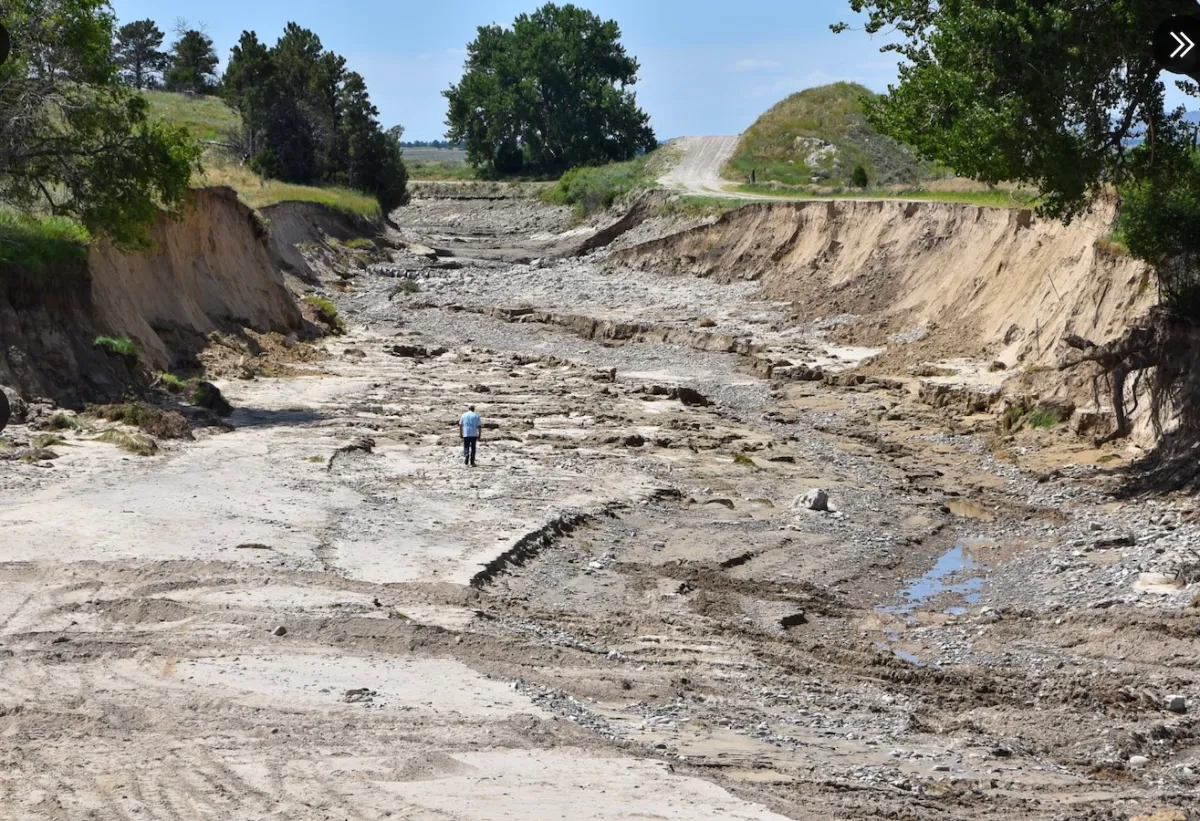
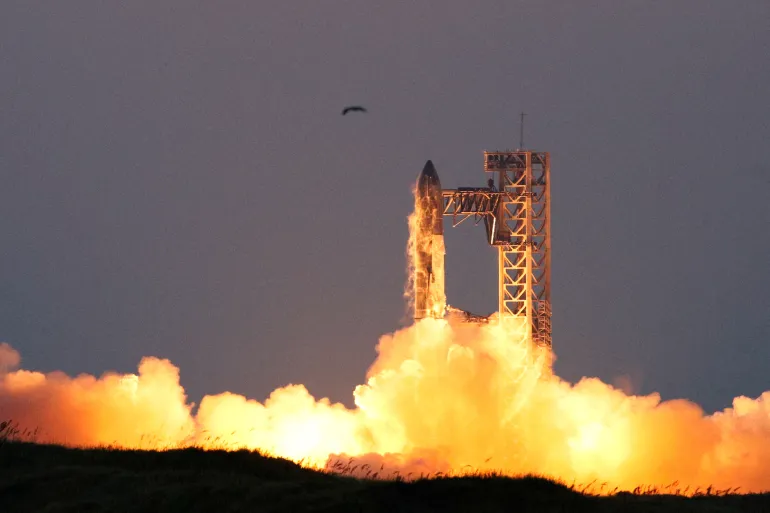
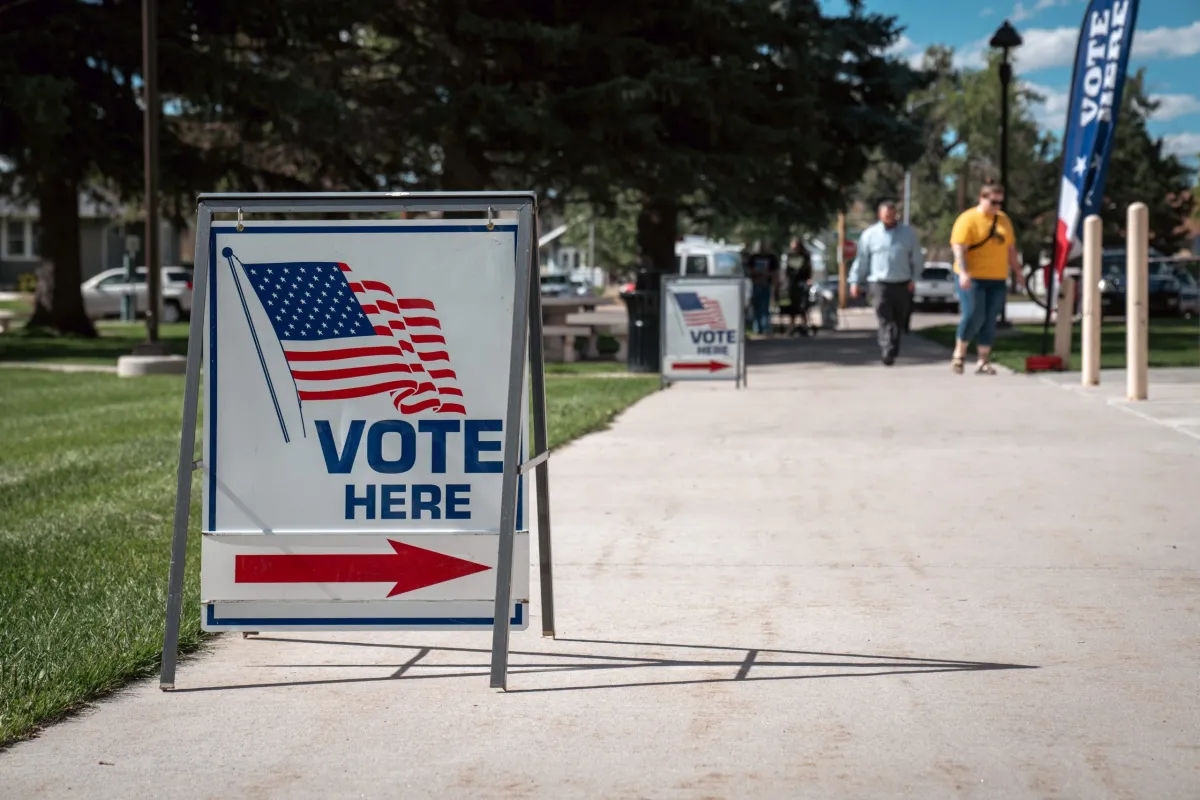
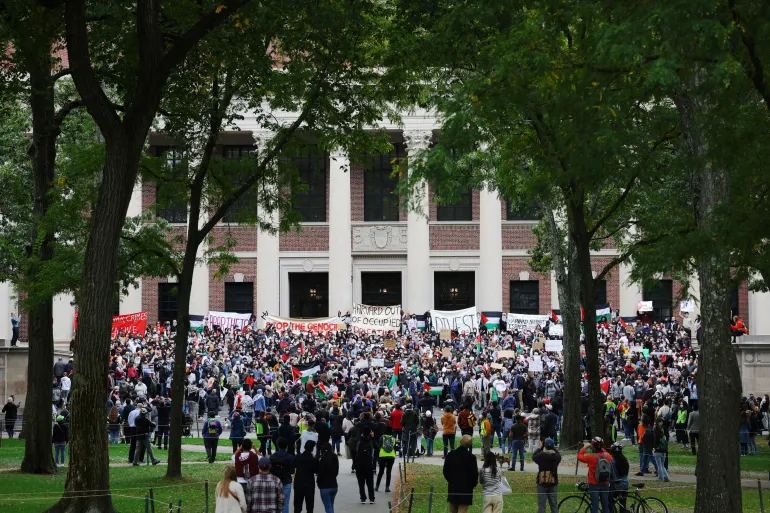
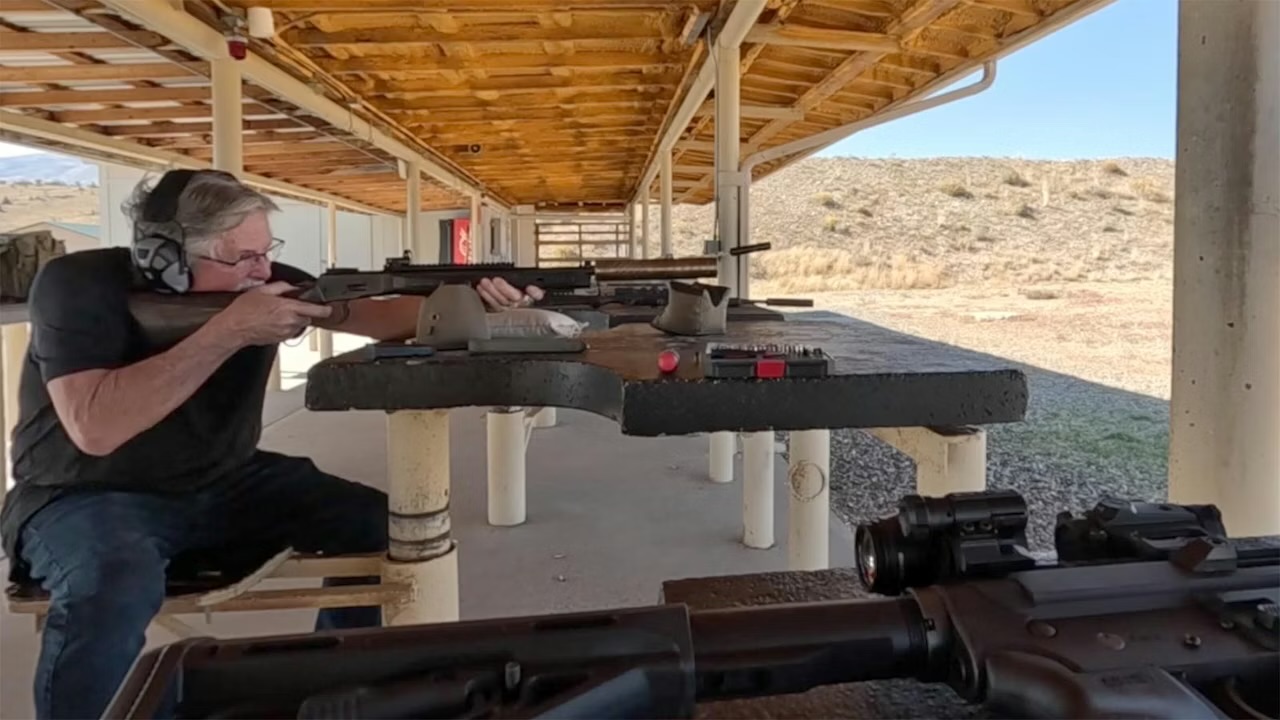
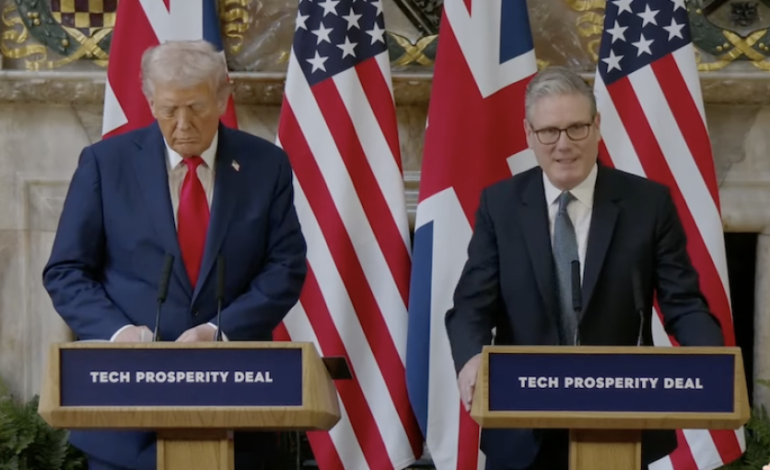




The latest news in your social feeds
Subscribe to our social media platforms to stay tuned